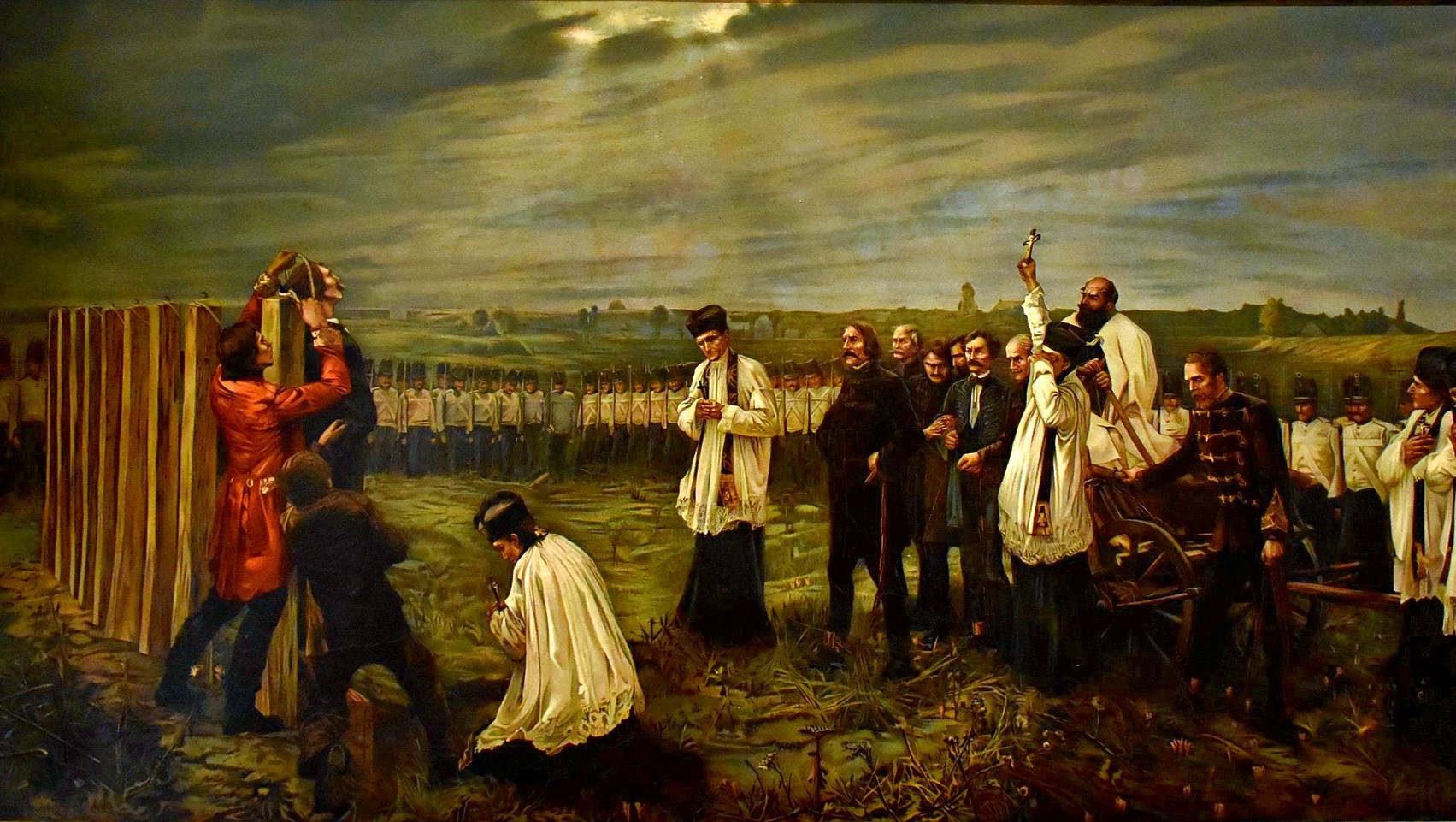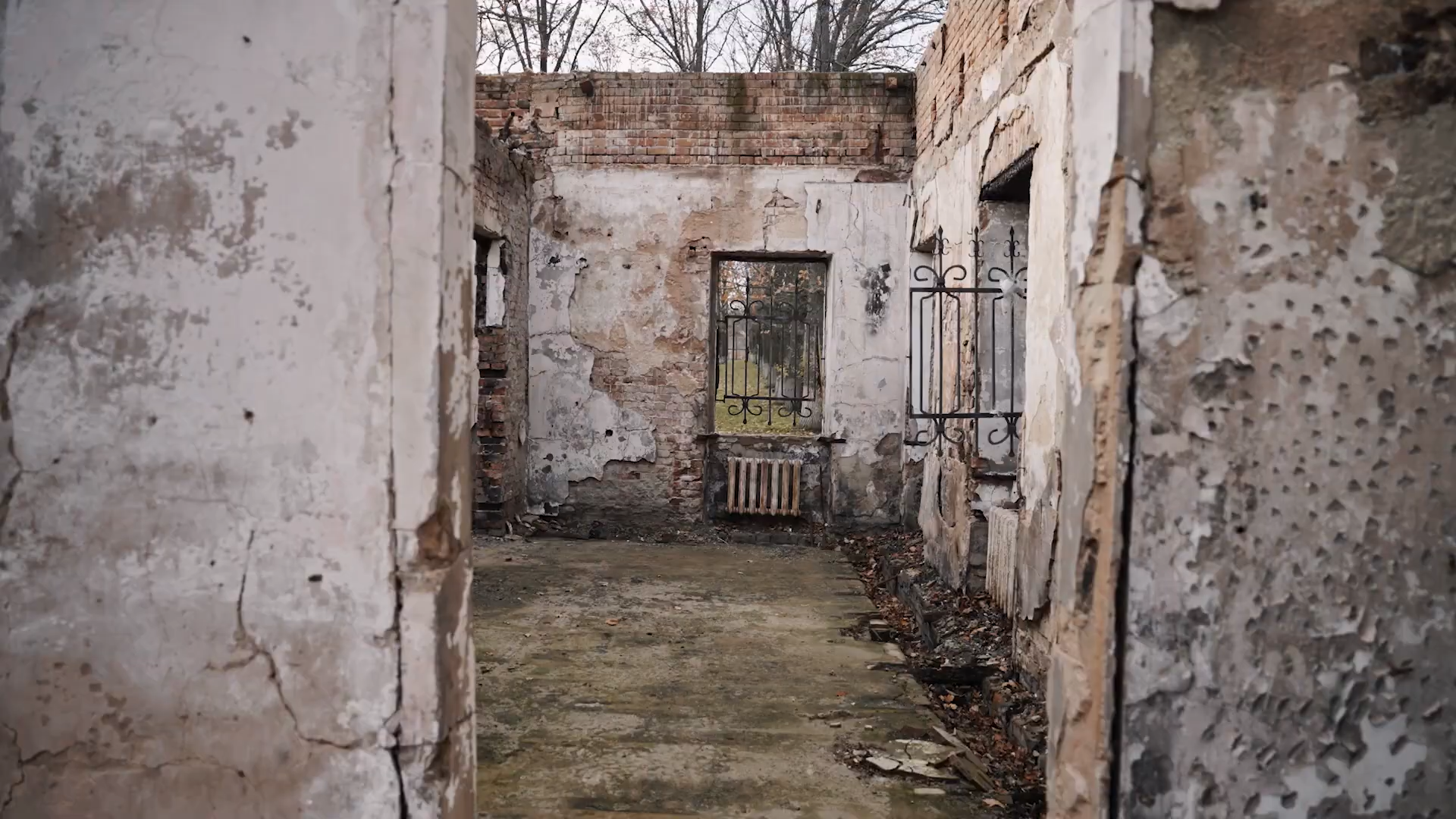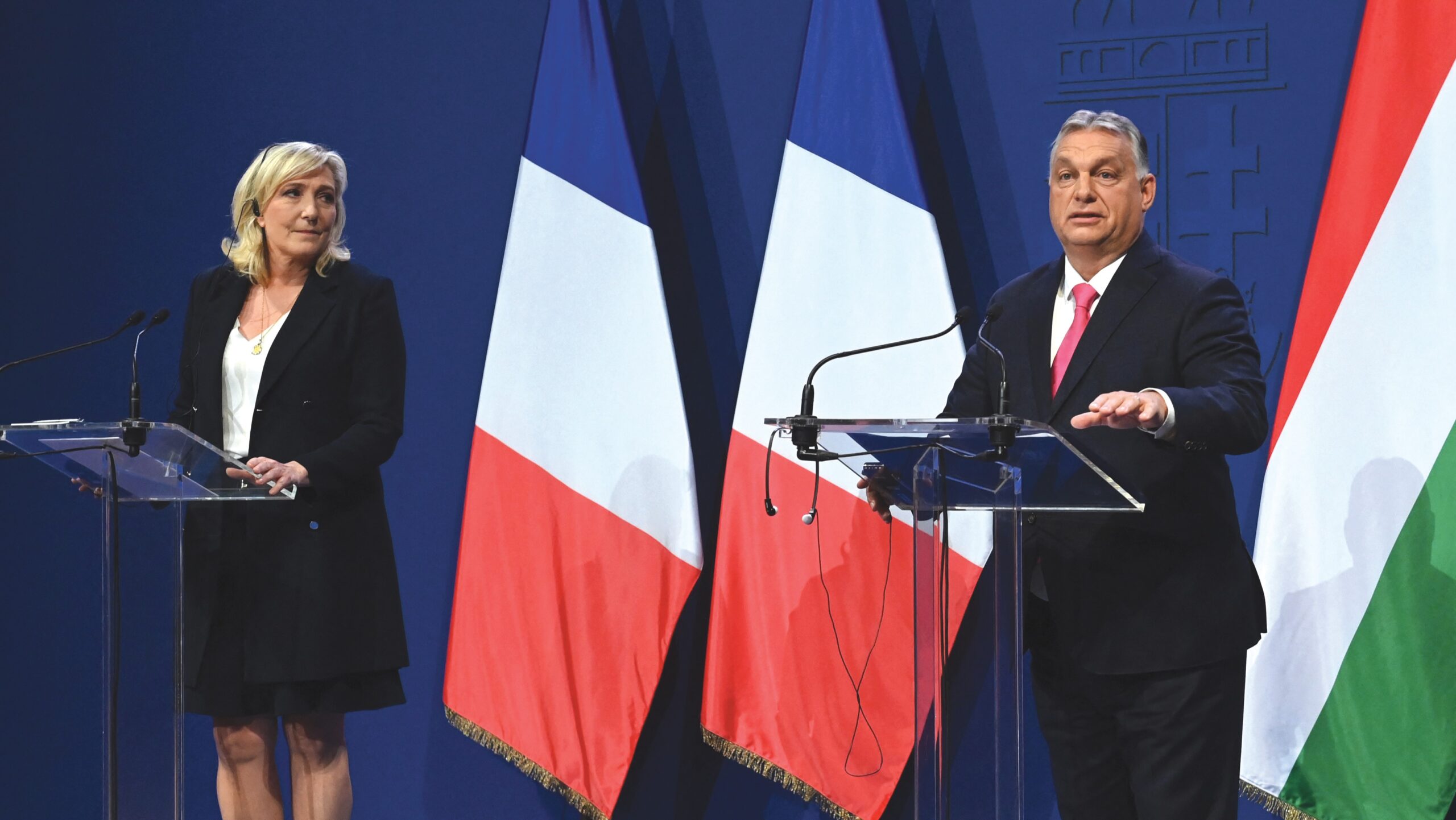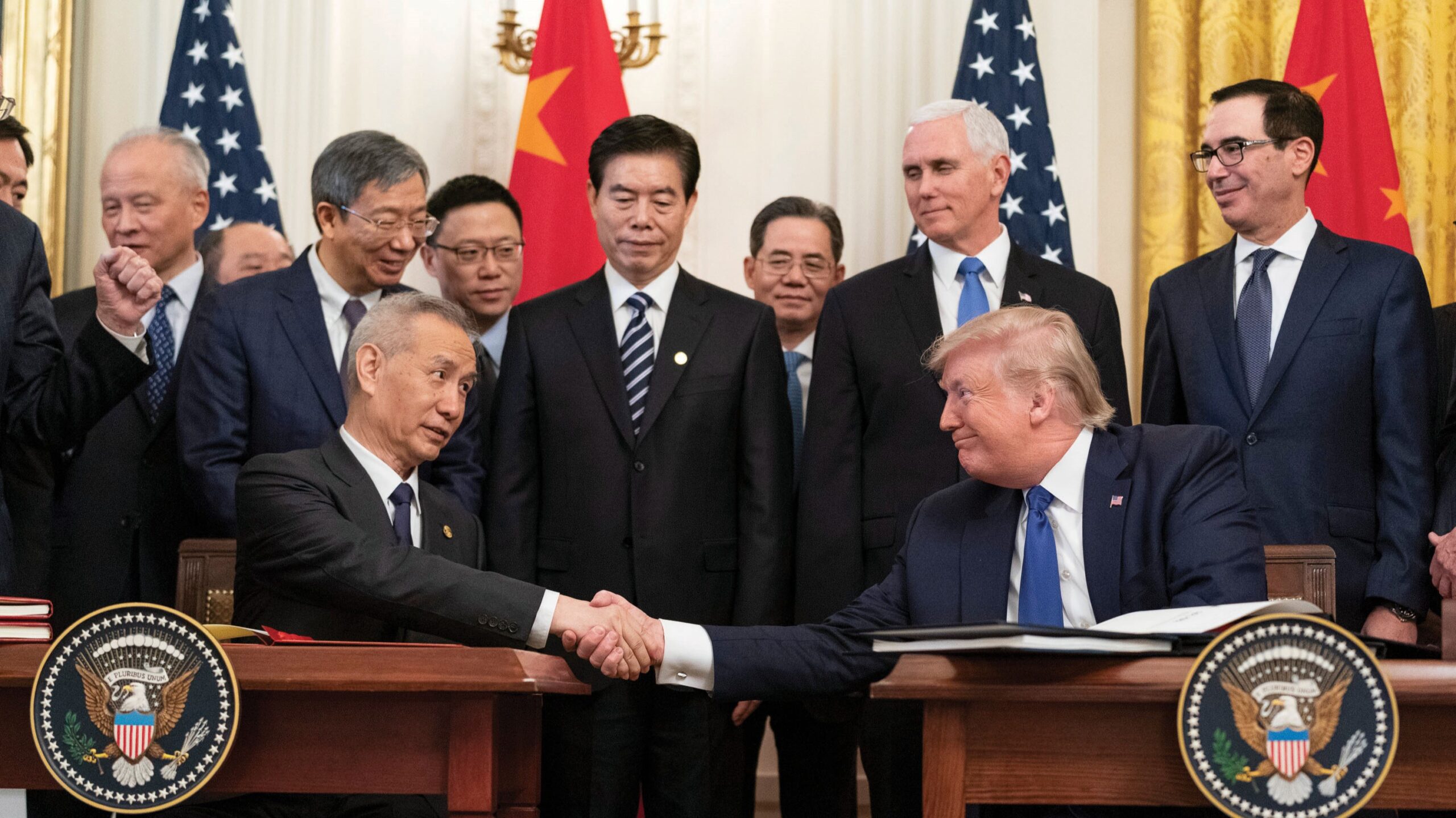
6 October, a Day of Remembrance and a Day of Mourning
‘Among the executed were counts and commoners, descendants of Croatian and Serbian border guard families, imperial Germans, and native Armenians. Some were connected to the Hungarian cause by family ties, others by their unit or simply by their wealth and social status. But all of them were men who believed that once they had sworn an oath to the Hungarian constitution at the behest of the emperor, they had to defend that constitution—even against the emperor himself.’










